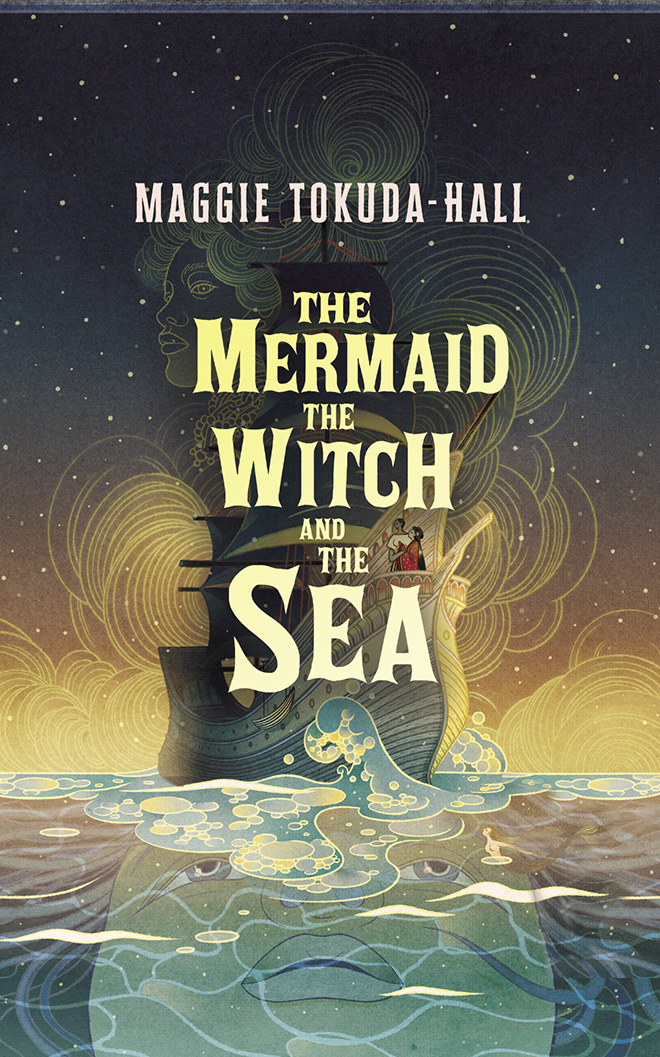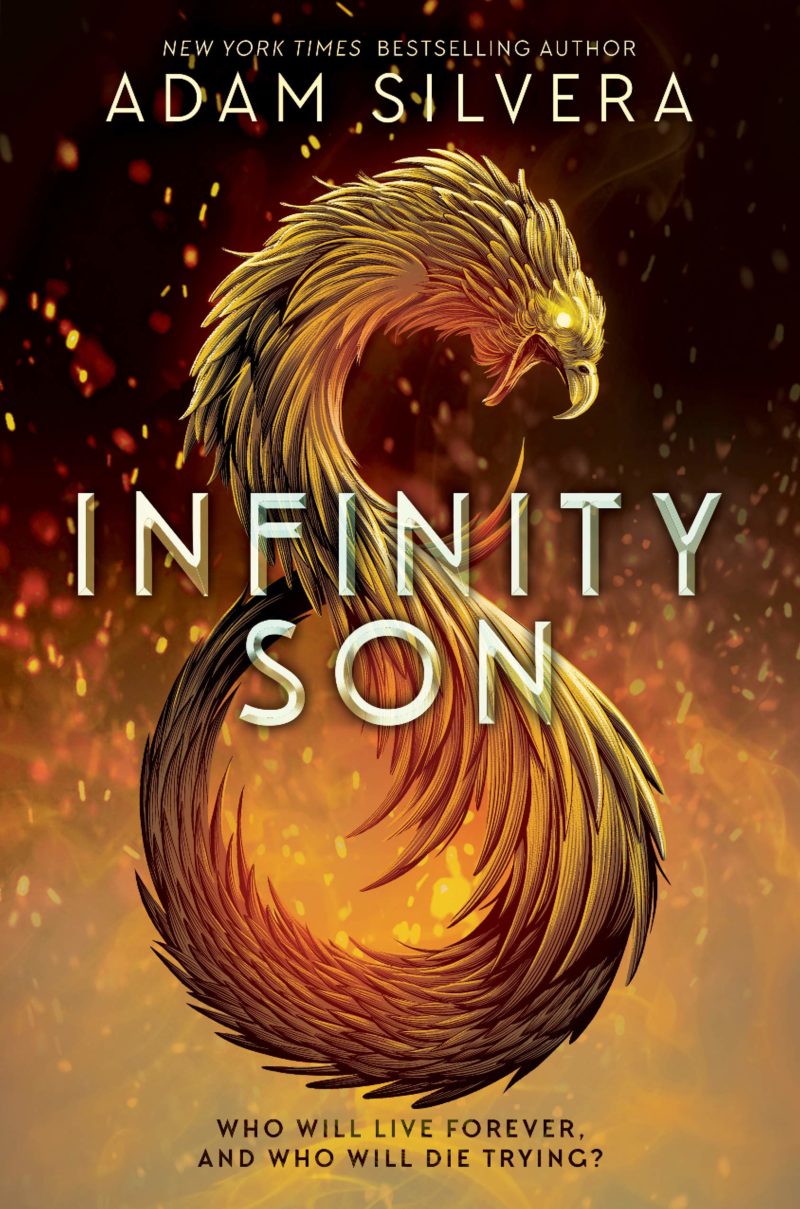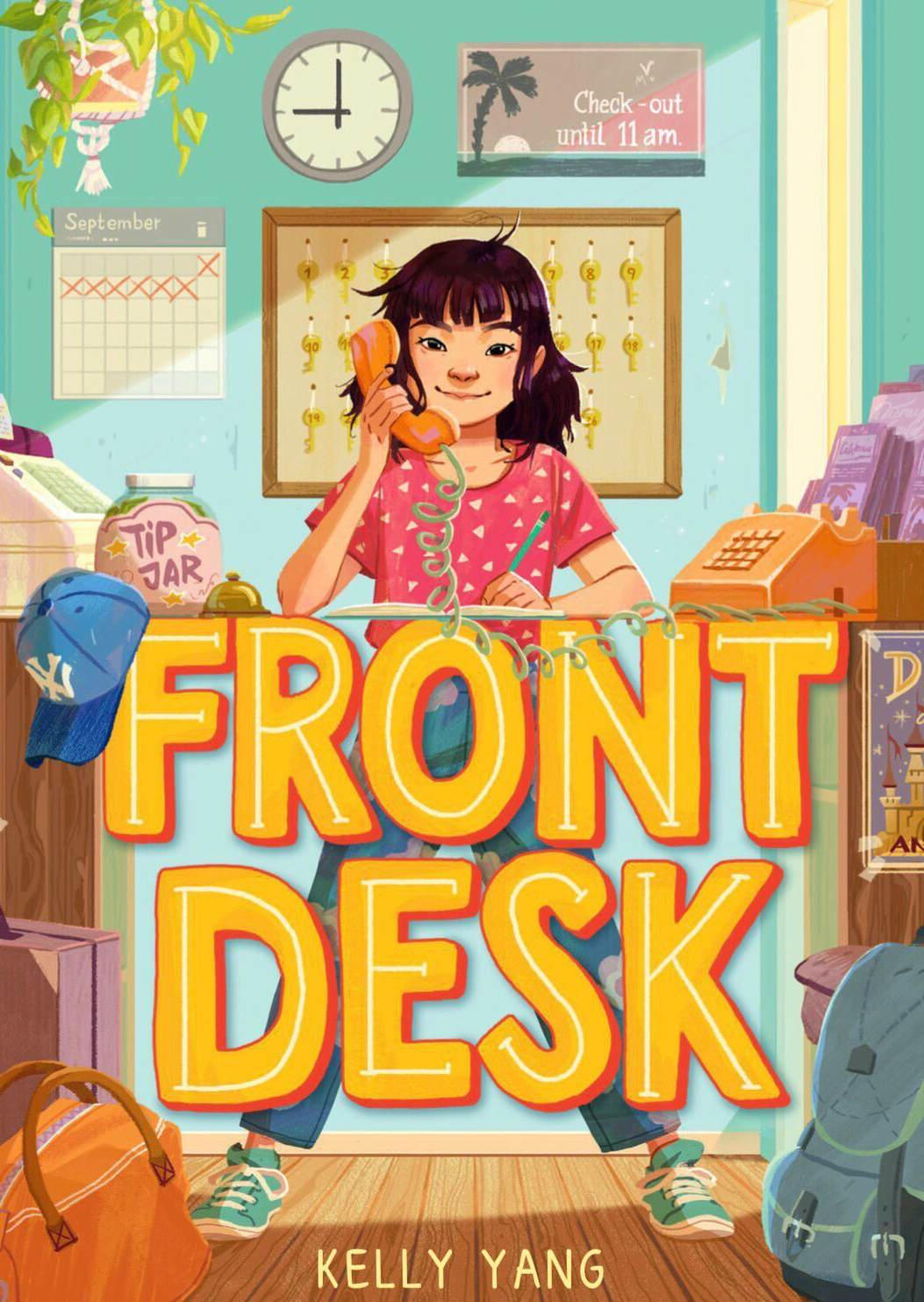The Sea of Trolls
by Nancy Farmer
[button color=”black” size=”big” link=”http://affiliates.abebooks.com/c/99844/77798/2029?u=http%3A%2F%2Fwww.abebooks.com%2Fservlet%2FSearchResults%3Fisbn%3D9780689860966″ target=”blank” ]Purchase here[/button]
Oh, boy. Am I ever in trouble! And it’s all because of this book.
You see, I have a godsister who is 23 years younger than myself. What’s a godsister, you ask? Her parents are my godparents; my parents are her godparents. So she’s my godsister, right? Oddly, though, she was born during my junior year of college, so we didn’t get to play together very much growing up. In fact, she’s still growing up.
Last summer I bumped into my godparents and godsister while visiting my old childhood stomping grounds. I really should have stomped a lot harder, because things haven’t stayed where I left them. One thing that’s new is that my godsister is the perfect age to enjoy Harry Potter. But when I asked her and her folks whether stories with magic were OK, they said no. And though I disagree, I sincerely meant to respect their wishes.
So when I was picking out a book to send to my godsister for Christmas, I looked for something that I thought would have a lot of adventure in it, without witches or wizards. Unfortunately, I mistook a book I hadn’t read for one that I had. I meant to send her Katherine Langrish’s Troll Fell, which features a boy taken unwillingly from his home by cruel adults, and Vikings, and trolls, and a long-ago and way-up-north setting. Which is exactly how Nancy Farmer’s The Sea of Trolls described itself. You can understand the mix-up, I hope.
But boy, am I ever in trouble.
Now that I’ve read the book, I see that it has lots of magic in it. Witches and wizards. Norsemen and their gods, ghoulish Picts, bards with their talk of a life force that flows through everything, wise women, people who talk to animals, all mixed up with ancient Anglo-Saxon Christianity tinged with its own hint of folk myth. The book is awash with religious ideas and various ideas about the nature of magic, and its general outlook seems to settle for an anachronistic sort of universalism. I can see that my godfamily, with their very understandable concerns about occult content, might be displeased.
However, I can still hope that my godsister will read the book and keep her mouth shut about it. Because, after all, she might enjoy it, even without becoming a complete pagan herself. Because in addition to all the things I have mentioned so far, The Sea of Trolls contains heaps of adventure, frights, suspense, delights, fascinating historical touches, and belly-laugh humor, such as the following exchange:
I know how exciting pillaging is, the giant said fondly, ruffling Jacks hair. It felt like a blow. No matter how much you’re tempted, just say no.
Just say no to pillaging. You got it.
As you may have guessed from this excerpt, the hero of the story is a boy named Jack, who along with his sister, is captured and enslaved by a Viking raiding party. Fortunately, Jack is an apprentice bard with the beginnings of a magical talent, which he uses to protect his sister and their growing circle of friends from a nasty half-troll queen, and from many dangers on a quest to the frozen land of the trolls. Here there be dragons, as well as sea-serpents, timeless valleys, poisonous meadows, giant spiders, a bear, a boar, a crow, one girl who thinks she is a princess and another who wants to be a berserker, and things still weirder and more surprising.
For a tale set in the year 635, it seems quite up to date. Part of this comes from the author’s magical way of putting Beowulf in a style that appeals instantly to the minds of today’s children. And part of it comes from her perhaps dubious, but understandable, habit of importing modern ideas into her ancient setting. All around, it’s a book I enjoyed, though I’m concerned about my godparents taking me over their knee the next time I see them. Trouble is, I weigh more than they do.
If you like The Sea of Trolls, there are other, award-winning books by Nancy Farmer, including The Ear, the Eye, and the Arm; The House of the Scorpion; and A Girl Named Disaster.



